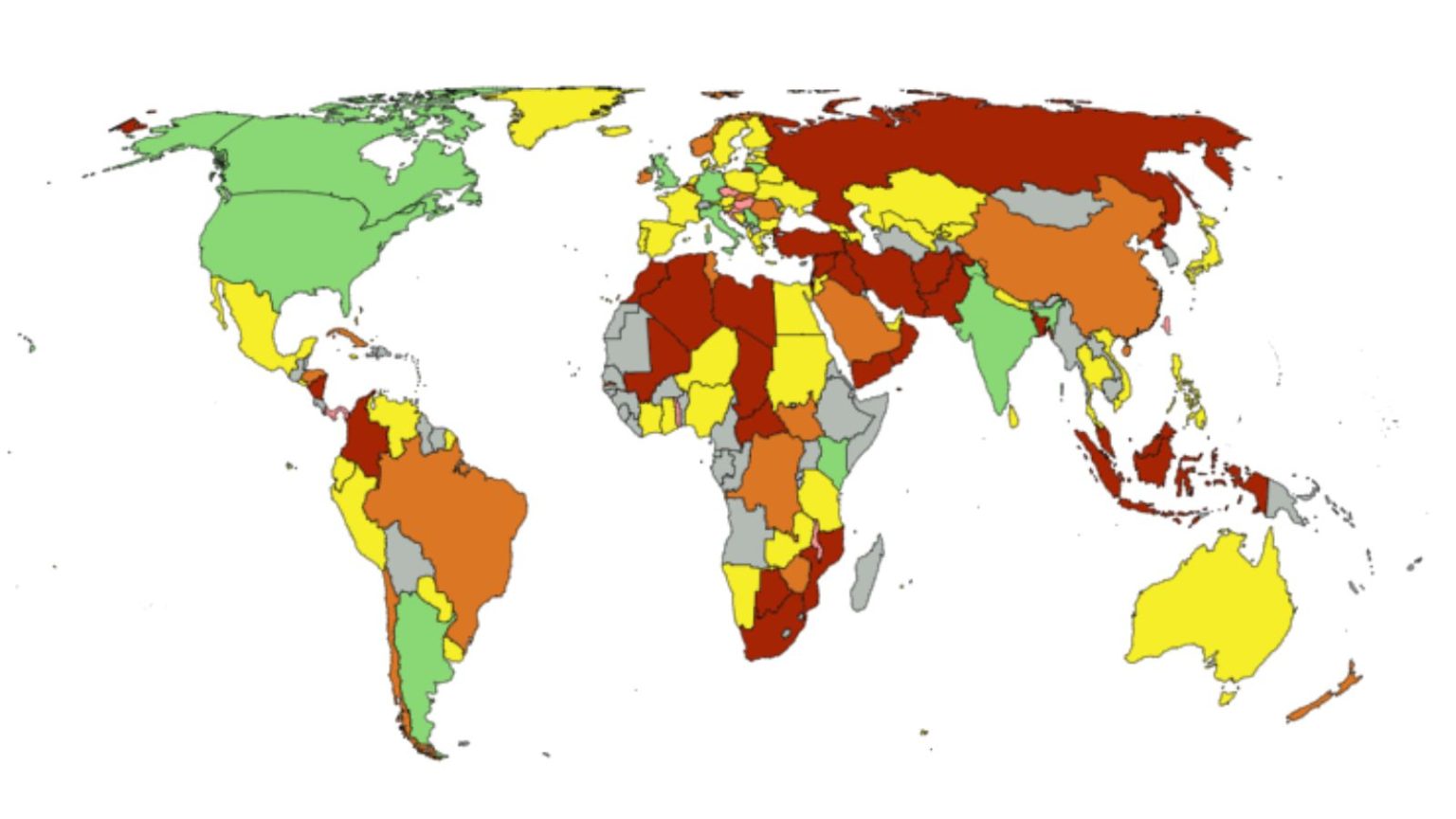As the U.S. prepares for a leadership change with President-elect Donald Trump returning to office in January 2025, his administration is expected to reshape the country’s foreign policy, particularly regarding the Israel-Palestinian conflict. With Trump’s explicit warnings to Hamas regarding hostages taken from Gaza, there is anticipation about his new cabinet’s approach to this long-standing and contentious issue. Historically, the U.S. has maintained a strong pro-Israel stance, influenced by numerous Western allies such as the United Kingdom. However, international opinions on the ongoing crisis, which escalated following the October 7 attacks by Hamas, highlight a complex and often divided global perspective, especially among nations in the Middle East.
Understanding the war’s repercussions is crucial as the situation has seen significant human loss and turmoil, with nearly 1,200 lives lost in the initial attacks and the subsequent death toll in Gaza exceeding 44,000, along with estimates of over 100,000 wounded, according to local healthcare officials. Among those casualties, more than half are reported to be women and children. These staggering figures underscore the devastating humanitarian crisis that has unfolded, raising urgent concerns globally about the actions of both Hamas and the Israeli Defense Forces (IDF). The aftermath of the conflict has drawn varied responses internationally, with numerous countries reevaluating their positions and aid to Israel in the context of the humanitarian situation in Gaza.
The international community largely supports the notion of a two-state solution, which envisions coexistence between Israel and a sovereign Palestinian state. This perspective, however, comes with differing nuances across countries. Some nations, while advocating for Palestinian recognition, simultaneously show military support for Israel. Countries like the United States, the United Kingdom, and India exemplify this duality, navigating the complex intersection of diplomatic relations and domestic values. Yet, certain nations reassessed their support in light of the ongoing conflict, as seen with Canada and the Netherlands, which scaled back aid to Israel in 2024 amid rising tensions.
In the Middle Eastern context, the divide is palpable, with nations such as Syria and Yemen staunchly opposing the recognition of Israel until Palestinian statehood is fully realized. This has resulted in fervent criticism of Israeli military actions, exemplified by threats from Houthi factions in Yemen that have gone as far as targeting Israeli vessels. Similar sentiments are echoed throughout North Africa, where nations like Morocco, Algeria, and Libya express solidarity with the Palestinian cause, denouncing Israeli aggression in Gaza. These regional dynamics highlight the geopolitical complexities at play, particularly the refusal among certain neighboring states to recognize Israel as a sovereign entity, which shapes their foreign policies and public sentiment drastically.
However, a more tempered approach has emerged among various nations in Europe, with countries such as Brazil, China, Ireland, Belgium, and Norway advocating for Israel’s right to exist and defend itself while simultaneously condemning specific military actions taken in Gaza. This nuanced stance emphasizes a commitment to a peaceful resolution through the two-state paradigm, where both sides can thrive without compromising security or human rights. It illustrates a growing recognition of the importance of accountability for actions taken during the conflict, advocating for a balanced discourse that considers the narratives of both Israelis and Palestinians.
As the Trump administration prepares to address these multifaceted issues in the Middle East, questions regarding future foreign policy remain. Newsweek has sought insights from Trump’s transition team on the administration’s approach to the conflict, suggesting that the future may hold further changes in diplomatic strategies. The evolving dynamics—marked by the conflict’s human toll and shifting international alliances—underscore the need for a careful reassessment of policies that can promote peace and stability in a region fraught with historical grievances and present hardships. As countries navigate these challenges, there remains an urgent call for renewed dialogue aligned with the global consensus on a viable solution that respects both Israeli security concerns and the rights of Palestinians.

